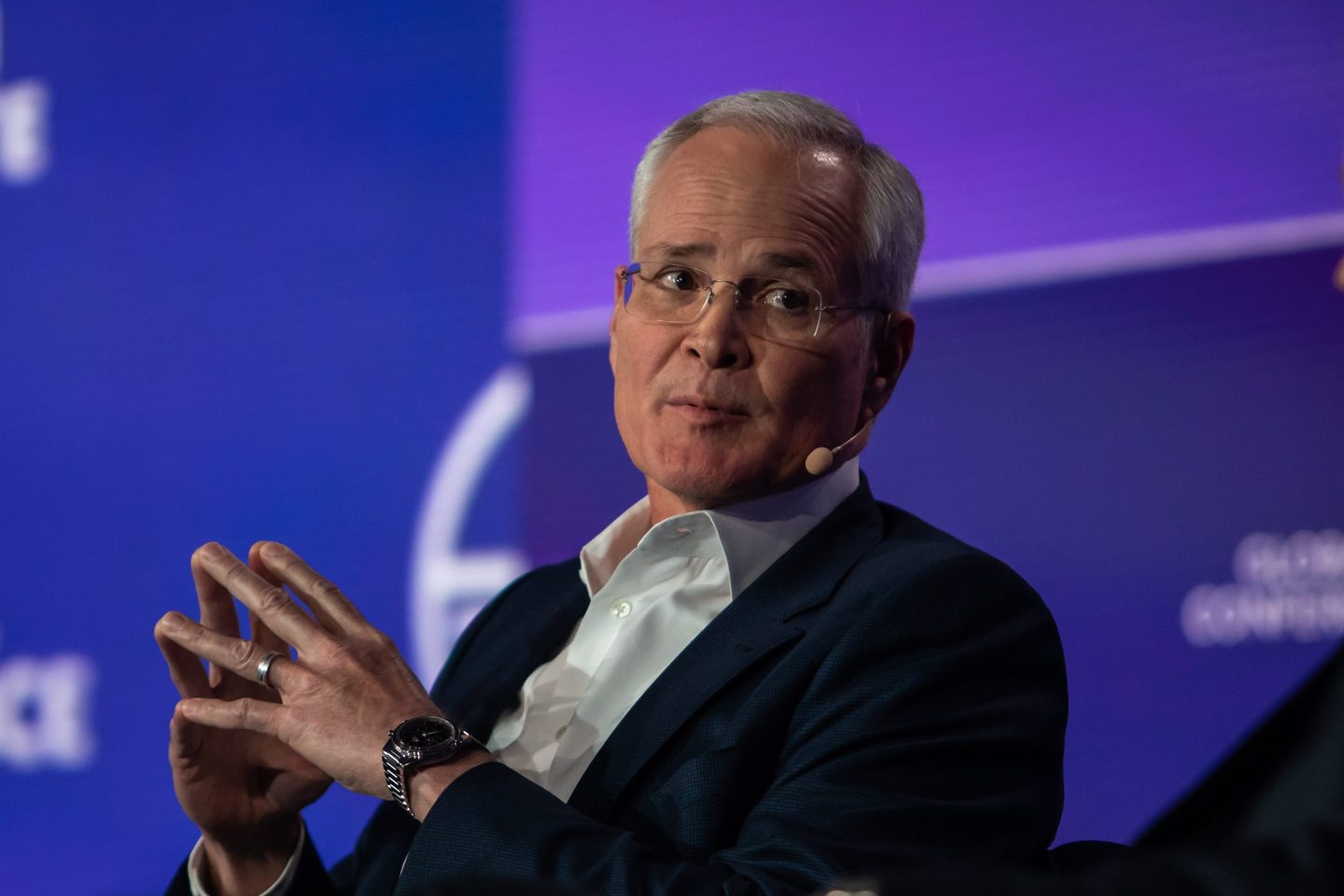Good morning!
Earlier this year, I published an article exploring the unique workplace experiences, advantages, and barriers neurodivergent women—with neurological conditions like autism, ADHD, or dyslexia—face when trying to attain leadership roles. One frustration I had while reporting the story was the limited data on neurodivergent individuals’ experiences in the workforce.
Now, a new study shared exclusively with Fortune from Hopper Health, a virtual primary care practice for neurodivergent people, sheds light on that matter. The findings are somewhat disheartening, but they substantiate the accounts of neurodivergent women who spoke with me and offer guidance on how HR practitioners can better support this demographic.
Per the survey, just 41% of the 1,100 neurodivergent adults polled say they receive any workplace accommodations. Another 6.5% say they were denied accommodations after requesting them.
Neurodivergent women, in particular, are less likely to receive workplace support. While 25.7% of openly neurodivergent men say they received accommodations without asking (and another 30% received accommodations after requesting them), only 6.41% of women received accommodations without asking (23.36% received them after asking). Women were also more likely to be denied accommodations when requested than men (7.02% compared to 5.82%, respectively).
“This, unfortunately, tracks with the experiences of myself and other neurodivergent women. People are sort of mystified and don’t really know how to respond [when women disclose],” says Katya Siddall-Cipolla, cofounder and CEO of Hopper Health. Yet men in her professional circles experience fewer barriers to receiving workplace support. “I have autistic male friends, and their experiences disclosing to their employer and going through the accommodation process is completely different because there’s no underlying tone of doubt.”
The lack of support negatively affects how neurodivergent women view their work and employers. Surveyed women were far less likely to express satisfaction with their work. Just 20.71% of women said they were very satisfied with their work, while 43.46% of neurodivergent men said the same.
Luckily for employers, the accommodations that neurodivergent employees want are generally simple and affordable. The most common accommodations they request are:
1. Flexible schedules
2. Clear and concise instructions and training
3. Comfortable or quiet workspaces (or noise-canceling headphones)
4. Support from HR practitioners trained to help neurodivergent workers.
“A lot of what neurodivergent people need are really just productivity basics,” Siddall-Cipolla says. For example, a neurodivergent employee may ask to move their workstation to a quieter part of the office, where they can better concentrate. “All of that stuff is easy. HR practitioners need to feel empowered to do it.”
Another key is training managers to accommodate and assist these workers. Employees may be fearful that if they disclose their neurodivergence, they could face retaliation or mistreatment from their manager.
“HR leaders say to me, ‘I want to support this population, but I don’t think I know who all of those people are, and I don’t know how to engage with them because it’s such a sensitive topic.’ And my response is, ‘Well, you need to educate your managers,’” says Siddall-Cipolla. “That’s where the problem is.”
Paige McGlauflin
paige.mcglauflin@fortune.com
@paidion
Reporter's Notebook
The most compelling data, quotes, and insights from the field.
The workforce participation rate for Latinas has hit a historic high this year, signaling a strong recovery from their unprecedented 20% unemployment rate in April 2020.
Latina’s unemployment rate now sits at around 4.4%, lower than pre-pandemic levels, and 71.7% of Latinas ages 25 to 54 were working or actively looking for work in August, according to The 19th*.
Around the Table
A round-up of the most important HR headlines.
- Shopify head Tobi Lütke sent a stern memo to employees on Wednesday after discovering that the company’s offer letters and employee guides encourage employees to have side hustles. In the memo, the CEO stated that Shopify needs its employees’ full attention and likened the company to a “professional sports team.” Insider
- Walmart announced Thursday that it will alter hundreds of corporate job listings to include proven skill aptitude as a substitute for applicants without four-year college degrees. Forbes
- A New York judge denied an effort from Uber, DoorDash, and other gig-based companies to stop a minimum wage for contract workers from going into effect. Under the law, companies must pay gig workers at least $17.96 an hour. Reuters
Watercooler
Everything you need to know from Fortune.
Physical fees. Almost two out of every five hybrid workers say they would return to the office if their company paid for their commute, and 28% say on-site or subsidized childcare and eldercare would bring them back. —Jane Thier
Progress, in-person. British entrepreneur Debbie Wosskow, cofounder of the women’s career network AllBright, warned women that remote work could mean sacrificing gains in workplace gender issues like wage equality. She also believes that taboo conversations about topics like menopause will only become more awkward if women stay home. —Orianna Rosa Royle
Path forward. The soon-to-be-voted-on agreement between the WGA union and Hollywood studios dictates that companies can’t force writers to use AI, nor can AI receive writing credit or be considered source material. Some believe this model could be a forerunner for future labor battles, especially in industries that rely on content creation. —Jake Coyle, AP
This is the web version of CHRO Daily, a newsletter focusing on helping HR executives navigate the needs of the workplace. Sign up to get it delivered free to your inbox.













